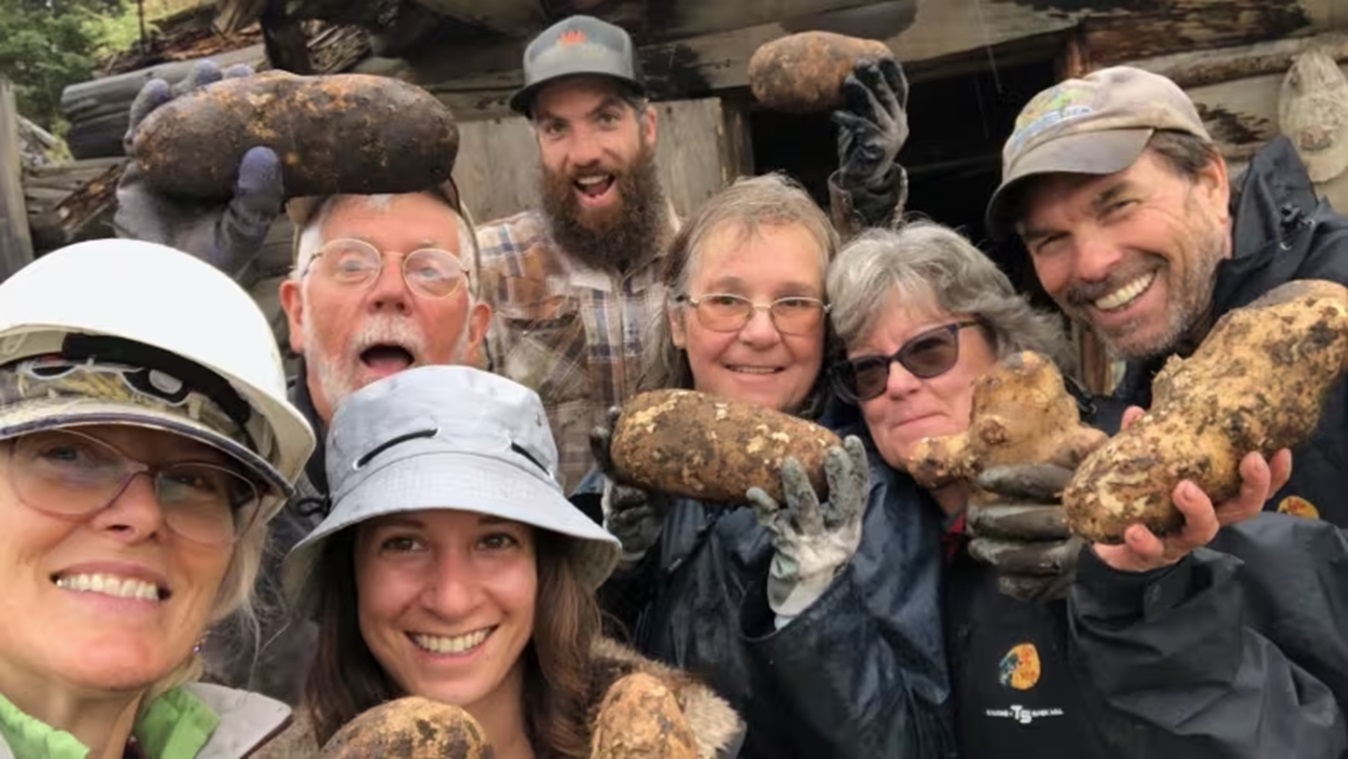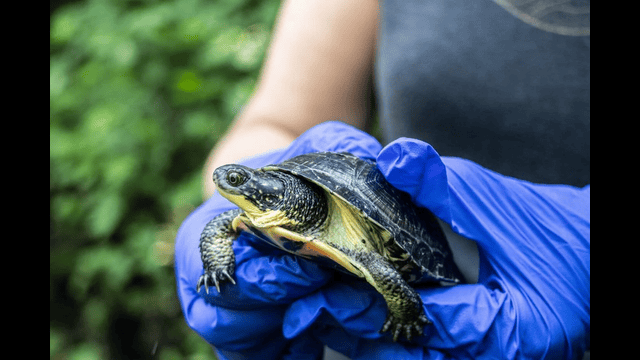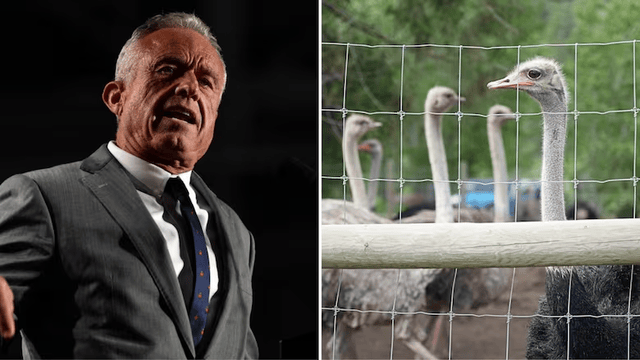
The cultivation of Cariboo potatoes for commercial purposes has been prohibited, prompting federal authorities to issue a $10,000 fine to the Horse Lake Community Farm Co-Op. Situated 115 kilometers north of Kamloops, the small farm cooperative faces repercussions for growing the restricted potato variety. The warning came directly from federal authorities, indicating the seriousness of the violation.
A British Columbia farmer, Rob Diether, aged 70, is committed to preserving a unique and outlawed potato variety known as the Cariboo potato, despite facing a $10,000 fine from federal authorities. Diether, based at the Horse Lake Community Farm Co-Op, located 115 kilometers north of Kamloops, has been cultivating these distinct potatoes since the mid-'70s. The Cariboo potato boasts yellow skin with striking pink blotches, making it stand out, and has garnered attention nationwide.
However, the fame of the Cariboo potato stems from its illegal status, as it is prohibited for commercial cultivation. Despite federal threats, the small co-op continues its efforts to sustainably farm this decertified potato, emphasizing the importance of preserving unique agricultural varieties and supporting small-scale farming.
Inside the farm's root cellar, Diether showcases the prized potatoes, underscoring their significance and the need to protect them from those unaware of their uniqueness. Letters expressing interest in the outlawed potatoes, some accompanied by monetary contributions, arrive regularly from various locations, indicating a growing fascination with farming practices.
The story sheds light on the farmer's determination to protect an outlawed potato variety, emphasizing the broader goal of sustaining small-scale farming and preserving unique agricultural heritage. Diether's dedication to the Cariboo potato reflects a commitment to environmentally conscious farming practices and resistance to commercial pressures.
The Cariboo potato's history reveals its development by the federal Potato Research Centre in Fredericton, N.B., and subsequent decertification by Agriculture and Agri-Food Canada in 1976. The potato's unsuitability for mechanical harvesting due to thick vines and sensitivity to sunlight led to its decertification, making it illegal for commercial cultivation.
Despite the looming threat of fines, Diether emphasizes the co-op's truce with authorities, signifying a longstanding commitment to preserving agricultural diversity. The farmer's optimism about growing interest in farming, demonstrated by inquiries at farmers' markets, aligns with his hope that new farmers will join the co-op, ensuring sustainable farming practices for future generations.
In conclusion, the story intertwines the narratives of a dedicated farmer preserving an outlawed potato variety and a teenager's resilience after being freed from captivity. Both tales underscore the importance of preserving unique agricultural practices and the challenges faced by those committed to sustainable and small-scale farming.















